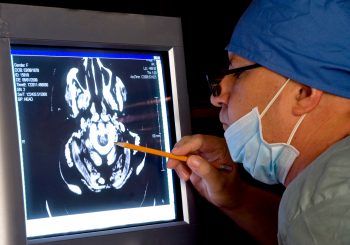
By Galina Markovich
Director, MMC In my 25 years of practice with geriatric populations suffering from dementia, I have learned that patience, proper timing of medications, close observation of immediate needs and an individualized approach are the keys to success in managing difficult cases of dementia. Families often ask me how we can manage 16 residents in one home, especially with so many having advanced dementia and exhibiting challenging behavior, when the family can’t even manage one ...
Read More
Read More









